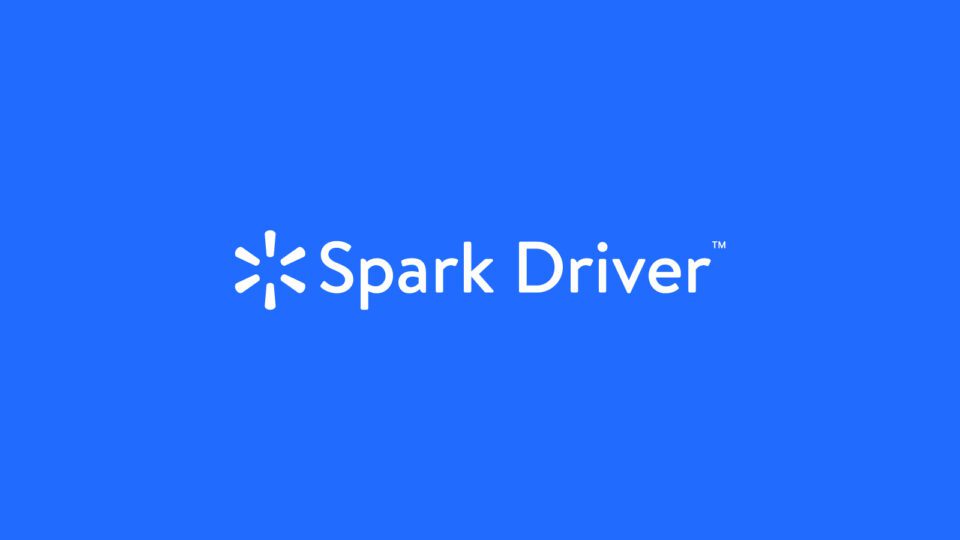The Consumer Financial Protection Bureau (CFPB) has sued Walmart and Branch Messenger, alleging that the partners forced the third-party delivery drivers in Walmart’s Spark Driver program to use “costly deposit accounts” to access their earnings and in the process “harvested” more than $10 million in fees from the workers.
Walmart’s Spark Driver program uses gig workers to make last-mile deliveries from Walmart stores across the U.S. As part of the program, Walmart partnered with Branch Messenger, a fintech company that offers deposit accounts at Evolve Bank & Trust which consumers can access through a digital app and debit card.
The CFPB lawsuit alleges that for approximately two years starting in 2021, Walmart and Branch violated federal law by opening Branch accounts for Spark drivers without the workers’ consent and then requiring them to use those accounts to get paid.
Both Walmart and Branch have vowed to fight the lawsuit, with Walmart saying in a statement emailed to Retail TouchPoints that “the CFPB’s rushed lawsuit is riddled with factual errors and contains exaggerations and blatant misstatements of settled principles of law,” adding that “the CFPB never allowed Walmart a fair opportunity to present its case during their rushed investigation.”
According to the CFPB, Walmart told Spark drivers that they were required to use Branch to get paid and that workers who did not want to use the accounts would be terminated. The lawsuit also claims that Walmart and Branch misled workers about the availability of same-day access to their earnings. Instead, drivers had to follow a complex process to access their funds, often facing delays or fees to transfer money, resulting in workers paying more than $10 million in fees to transfer their earnings to an account of their choice, according to the CFPB.
“Walmart made false promises, illegally opened accounts and took advantage of more than 1 million delivery drivers,” said Rohit Chopra, Director of the CFPB in a statement. “Companies cannot force workers into getting paid through accounts that drain their earnings with junk fees.”
The CFPB also alleges that Branch engaged in a host of illegal activities related to its consumer accounts, including failing to investigate alleged errors, failing to honor stop-payment requests, failing to maintain necessary records, failing to provide certain disclosures and illegally requiring consumers to waive their rights under the law. Branch said in a statement emailed to Retail TouchPoints that it “strongly disagrees” with the lawsuit, which it says misstates “the law and facts.”
“Branch has provided Walmart and their driver partners valuable services allowing quick and easy access to funds via their business accounts — a key fact the bureau’s press release omits,” a Branch representative said in the statement. “Despite the company’s extensive cooperation with its investigation, the CFPB refused to engage with Branch in any meaningful way about this matter, instead rushing to file a lawsuit. This approach makes clear that this litigation has nothing to do with the law or protecting workers and everything to do with the media attention garnered by a lawsuit involving one of the world’s biggest retailers.”
Walmart isn’t the only major retailer facing regulatory scrutiny of its relationship with third-party delivery workers — Amazon, which also contracts with a number of companies for third-party delivery services through its DSP program, has come under fire from the National Labor Relations Board for the working conditions of its drivers and company pushback against their efforts to unionize.













